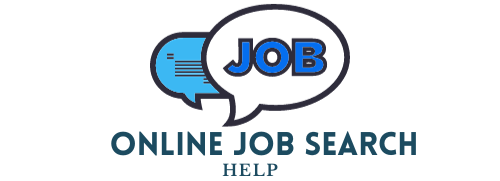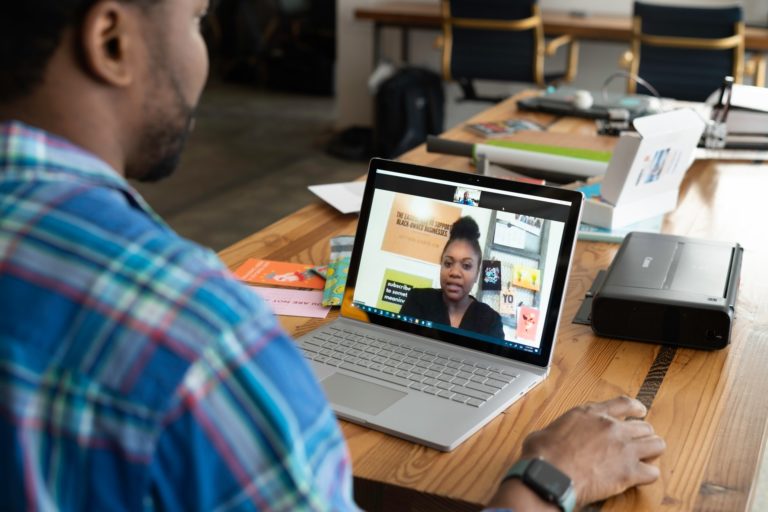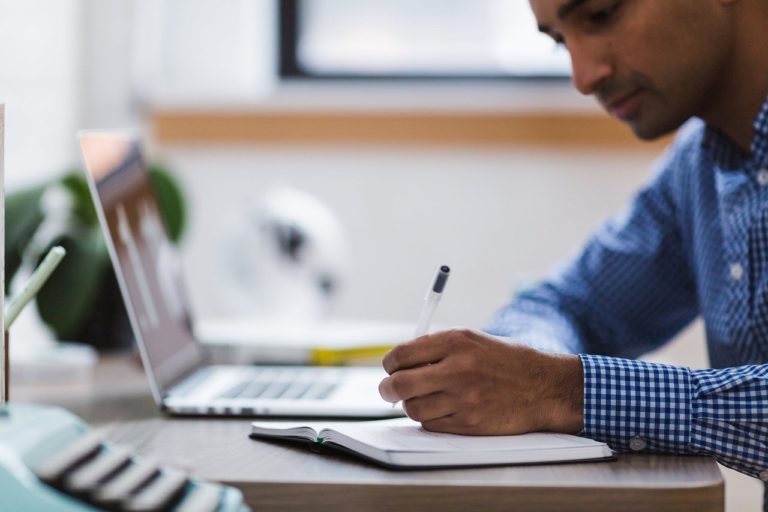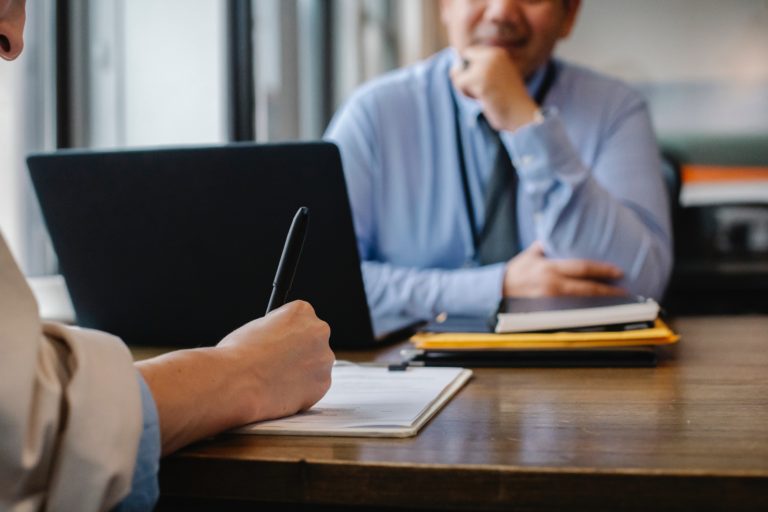How To Greet In An Interview For A Job
The first impression you make during the interview process might be quite important, that’s why you should know how to greet in an interview. Your greeting has the potential to influence how your interviewer perceives you. This post will show you how to welcome your interviewers, using examples and ideas to help you get the job.
Table of Contents
What Is The Significance Of An Interview Greeting?
A positive first impression of the interviewer is critical to your success, and your interview greeting can make or break your chances of getting the job. A person’s opinion is formed in a matter of seconds. You have a limited amount of time to persuade your employer that he can put his trust in you and that you are the most qualified candidate for the position.
Your interview greeting conveys information about your personality. What you dress, what you say, and what you bring to the interview all fall under the category of etiquette. All of these characteristics are effective communication tools that you may utilize to your benefit.
Making a good first impression is all about being aware of your surroundings and those around you, as well as adhering to certain fundamental unspoken rules of professional etiquette and interpersonal connection.
A few minor adjustments to one’s behavior can make a significant effect. You can express your interest in the position and your resolve by using your initial lines and your attitude. Remember to say the following things when greeting your interviewers:
- Maintain a courteous demeanor.
- Formal language should be used.
- Hands should be confidently shaken.
- Keep your gaze fixed on the interviewer.
- Keep an eye out for your nonverbal greetings.
- Replicate the behaviors of your interviewer.
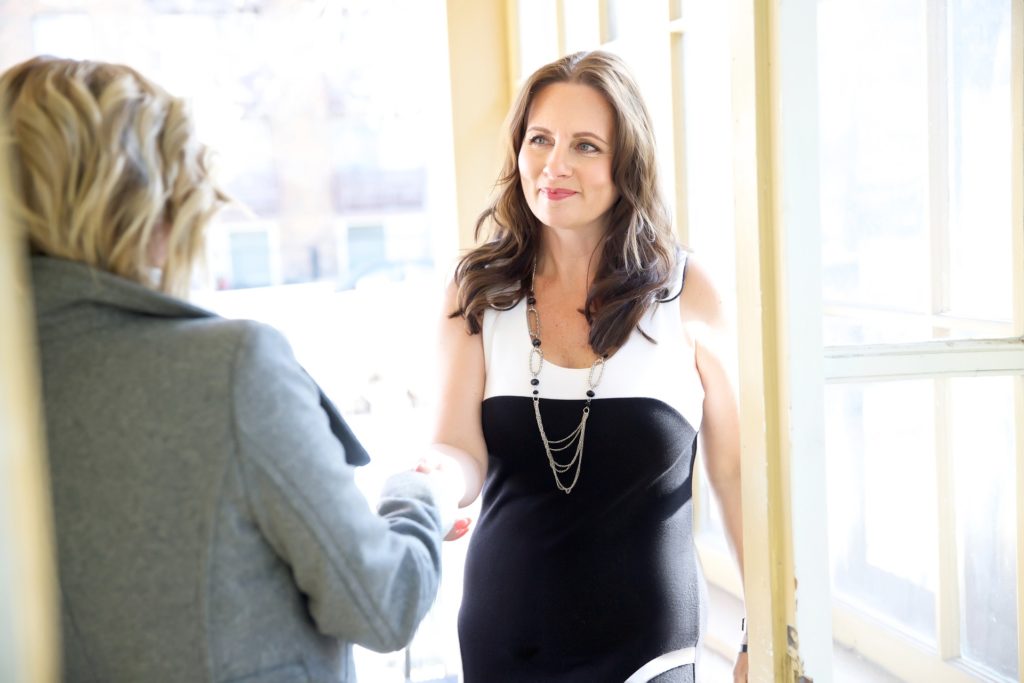
Ways On How to Greet In An Interview
Nonverbal Greeting
When you meet the interviewer, your body language, attire choices, and motions all communicate a message, whether you mean to or not. Is your suit jacket zipped up? What are you doing, clasping a binder to your chest and crossing your arms over it? Did you make direct eye contact with the interviewer and shake his or her hand when you introduced yourself? What was the quality of your handshake? Were you limp, tentative, or firm?
The color blue or black should be worn when in doubt. In 2013, Harris Interactive conducted a study of 2099 hiring managers. These two hues were favored by over a third of the managers when it came to a professional setting.
Opening your suit jacket as you enter the room and sit down communicates to the interviewer that you have nothing to conceal from him or her. Allowing the interviewer to see your palms when you gesture and maintaining good eye contact during the interview will help to reinforce that impression.
Holding the binder close to your chest communicates to the interviewer that you are feeling intimidated. Instead, leave it in your vehicle. You should keep your hands at your sides.
When shaking hands, maintain a firm grasp but avoid squeezing or pumping the hands. Handshakes that are awkward or pushy make you appear uncharismatic.
What to Say
Replicate your interviewer’s greeting to demonstrate that you are aware of social signs in the workplace. When you first approach one another, introduce yourself by using the interviewer’s last name and job title.
While shaking hands with the other person, give your elevator pitch to them. You should prepare a short speech that tells the interviewer about yourself and which of your accomplishments will benefit the company’s bottom line in the shortest amount of time.
Inquire about how and when the interviewer would like you to follow up. Obtain the names and contact information of everyone who conducted interviews with you.
Simply showing up for an interview does not convey to the interviewer that you are interested in the position. To avoid any misunderstandings, Applicants should make their intentions plain by asking for the position at the end of the interview.
Dont’s
- Before being granted permission, it is customary to address the interviewer by his first name.
- Using slang in your greeting is unacceptable.
- Dressing in haste. If you are unsure of what to dress, you should inquire prior to attending the interview.
- Arrogance. When you use your elevator speech as your interview greeting, acknowledge the contributions of your team members.
- Ending an interview abruptly.
- Being vague about your interest in the position.
- Asking about salary, benefits, or vacation time until you have been offered the job.
- Forgetting to thank the interviewer for his time at the end of the interview.
- Letting your voice or demeanor change throughout the interview.
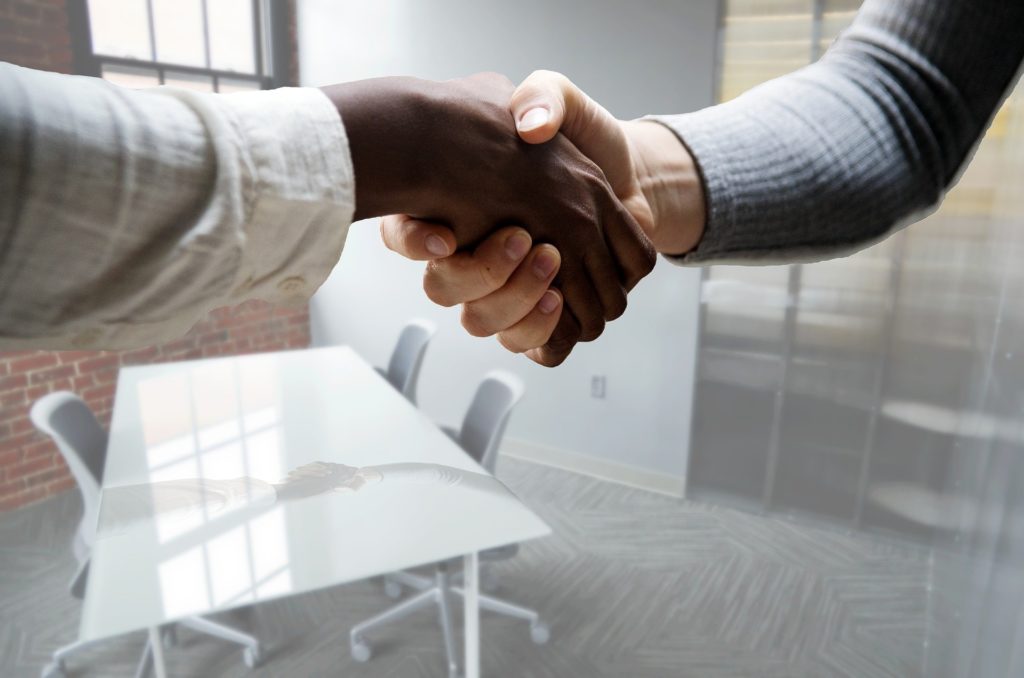
Interviews Conducted Over The Phone
You may be required to participate in a phone interview as part of the application process before meeting in person. It is a method for businesses to screen prospects and decrease the number of applicants who will meet with them during the hiring process. It is advantageous and less expensive for candidates who live outside of the city.
Although, if you apply for a remote position, phone interviews may be the only opportunity for you to meet with the hiring manager. Listed below are some pointers on how to greet your interviewer over the phone.
Make a professional first impression
If you live with roommates or family members, inform them that you will be receiving a call. Make it a point to be in a peaceful spot and to answer the phone yourself, rather than allowing it to go to voice mail or answering machine.
While speaking, maintain a cheerful and animated demeanor and a smile on your face. While answering the phone, introduce yourself to the interviewers. In this way, they will know right away that they have reached the correct person.
Maintain your formality
Introduce yourself to the interviewer by using their first and last names.
Mirror Your Interviewer
Follow the interviewer’s lead, regardless of whether they indulge in a small conversation or proceed straight to the interview procedure.
Stand and Smile
Maintaining a pleasant demeanor and image when speaking is important because the interviewer will only hear your voice and not your body language or gestures. Additionally, standing up can assist you in being energetic and attentive throughout the discussion.
How To End An Interview
The best way to end an interview is by thanking the interviewer for his time and expressing your interest in the position. You should also ask about the next steps in the hiring process. If you have any questions, now is the time to ask them. Finally, shake hands with the interviewer and thank him again.
